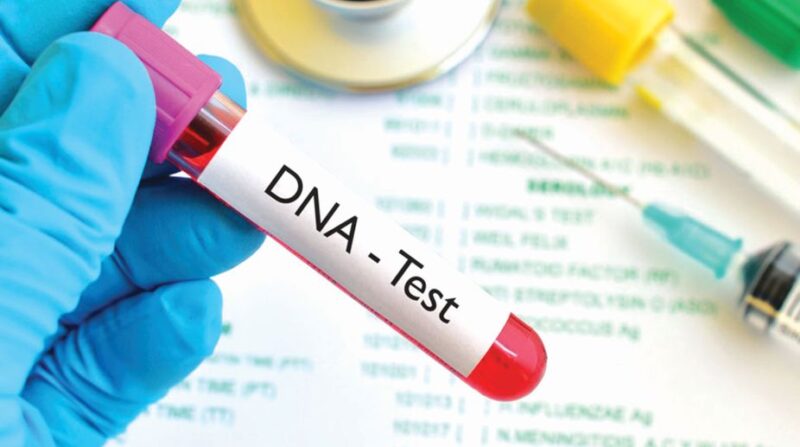DNA testing has never been more popular. Not only can it tell you more about you, but it can also tell you who you’re related to; among other things. You should be wary about whom you give your saliva and what their intentions with it are. Since most DNA tests involve spitting in a vial, it helps to ask the necessary questions.
But to be fair, DNA testing isn’t anything bad nor does it involve bad people. Sure, there might be bad apples, but the majority of testing services are there to provide a service for you.
With all that said, there are some things you need to know when it comes to it. And that’s exactly what we’ll discuss today.
1. Know What It Involves
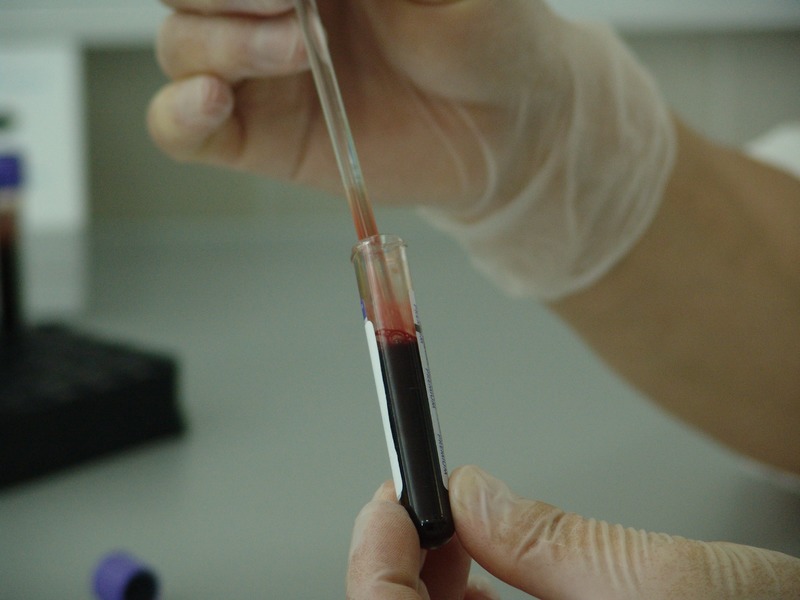
This is possibly the only thing you should focus your attention on.
To put it differently, it’s like revisiting the code you’ve written for an application. DNA testing is all about telling you things you didn’t know. Maybe you didn’t know you have a bad function in your code, or maybe you didn’t know what that function is.
All this process does is tells you new things and things you didn’t previously know. Some information might be related to your origins, while others paint a bigger picture of your lifestyle and health.
But here is where you need to pay attention to.
Every company that does DNA testing asks the customer whether or not they can store their information. If agreed, then your DNA information will be one out of hundreds of thousands that this company might have.
But why do they ask for this? What might be the purposes of storing everyone’s DNA information?
Well, the answer might not be as benevolent as we initially thought. Namely, these companies ask for your information so they can match it against other samples and discover identical patterns in other customers’ DNA.
By comparing your DNA to hundreds of thousands of others, these companies can uncover if you happened to be related to a certain someone.
It can also determine your ancestry. Thus, many DNA testing companies offer it as yet another sub-service.
2. But There Is A Dark Side

Doing good with your information is one thing, but doing bad is a definite no go.
Unfortunately, the nature of this business makes it a very sensitive and touchy subject. Since you are giving these companies your unique code, it means that they have access to it.
It doesn’t matter if you’ve signed or not, who is there to tell if they aren’t storing each sample? This opens a door to potentially lots of dark paths. How true they remain to be seen.
But there is no question that some of these companies share results and samples with other entities. By these, we mean the law enforcement, FBI, CIA, and various other security entities in the United States.
But this doesn’t happen as a straightforward transaction. You’d have to agree that they can use your DNA samples if they are to share it with law enforcement.
Another dark discovery has to do when you get the results back. A lot of people want to prove their ancestry, but things get a little complicated when the results aren’t expected.
This is something called a “misattributed paternity” and is mostly the case when proving someone’s race.
You don’t even need to go to a company to get a DNA test; you can do it right from the comfort of your home. To do that, however, you need a DNA testing kit. Luckily for you, thednatests.com has a great article on that.
3. How To Choose The Best Service For It?
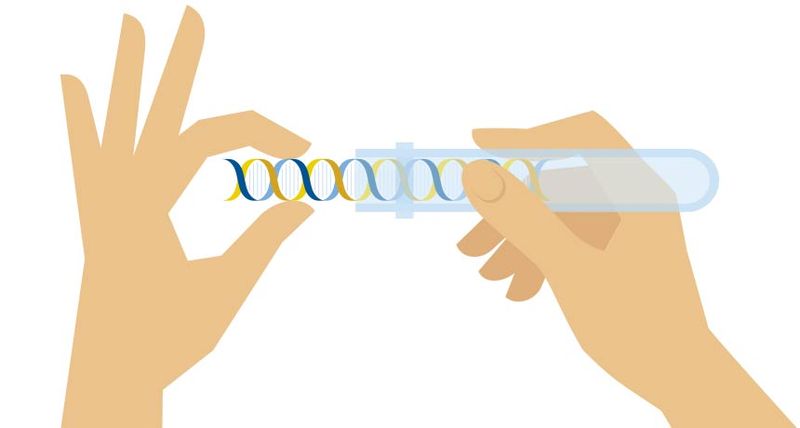
Competition for DNA testing has never been higher. With more and more people trying to discover their roots and various other pieces of information about them, the more these companies grow and invite the competition.
Thus, there might be hundreds of services out there vouching for your attention. But how would you know who is the right one for you?
Well, it really depends on what you’re looking for. If you are interested in finding more information about your family and roots, then always go for the one that has the largest database of samples. This way the testing can pair your samples with a larger number of participants to determine your roots.
If your attentions are strictly for lifestyle and health purposes, then it doesn’t really matter that much as you’ll still be matched against other samples. But this time, instead of looking for family members, they’ll look for matching characteristics in genetics related to diseases and health traits.
4. Understand Your Unique Structure
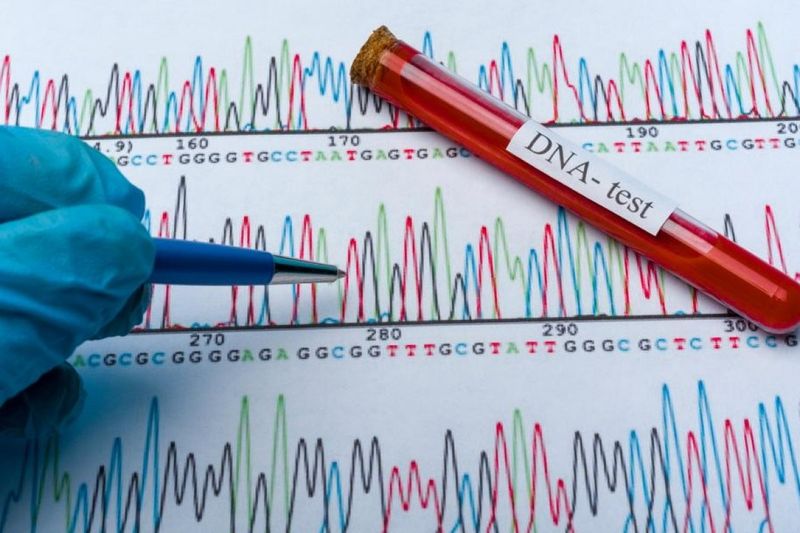
We talked a lot about DNA and that this is your unique code. The reason why it is unique is that it’s essentially made uniquely through organic matter.
Every person has a unique structure of DNA; like a fingerprint. While segments of it might be similar if not identical with others, it’s really all down to whether you’re family or not.
And other segments of the DNA convert into proteins; these are used to tell lots of things related to your health.
These proteins are also the base of your entire existence. The proteins turn into cells, and you all know what cells turn into. Sooner or later, you’re a fully grown baby that eats, talks walk, and thinks.
So the structure of the DNA isn’t only your code, it’s your physical existence.
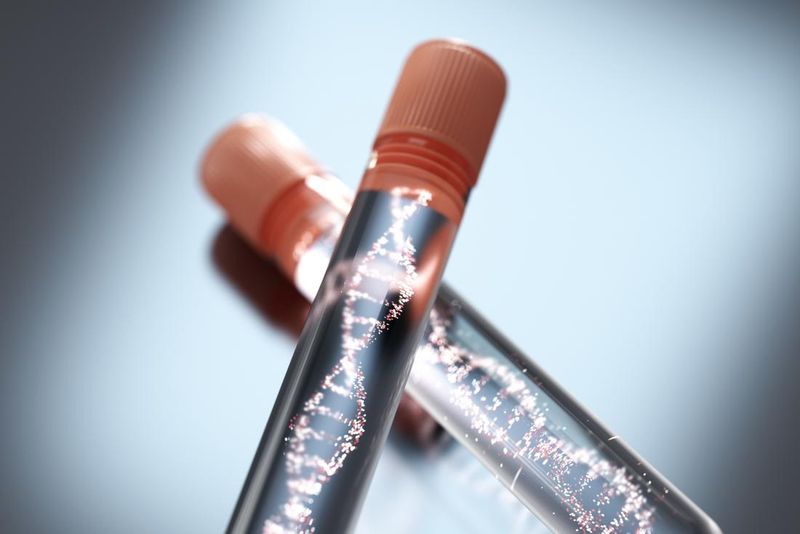
And there are also chromosomes; which we haven’t even talked about. Chromosomes are long strains of DNA. They’re essentially passed down from generation to generation. Your chromosomes have been passed down through both your father and mother.
Chromosomes hold the characteristics of both your parents. They’re the ones that store the information about eye color, hair color, height, and everything else that matters.
DNA testing isn’t without limits. Sure, it is capable of telling you who you’re ancestors have been, but you shouldn’t take it wholeheartedly.
There are also lots of test types that help determine various different things.


